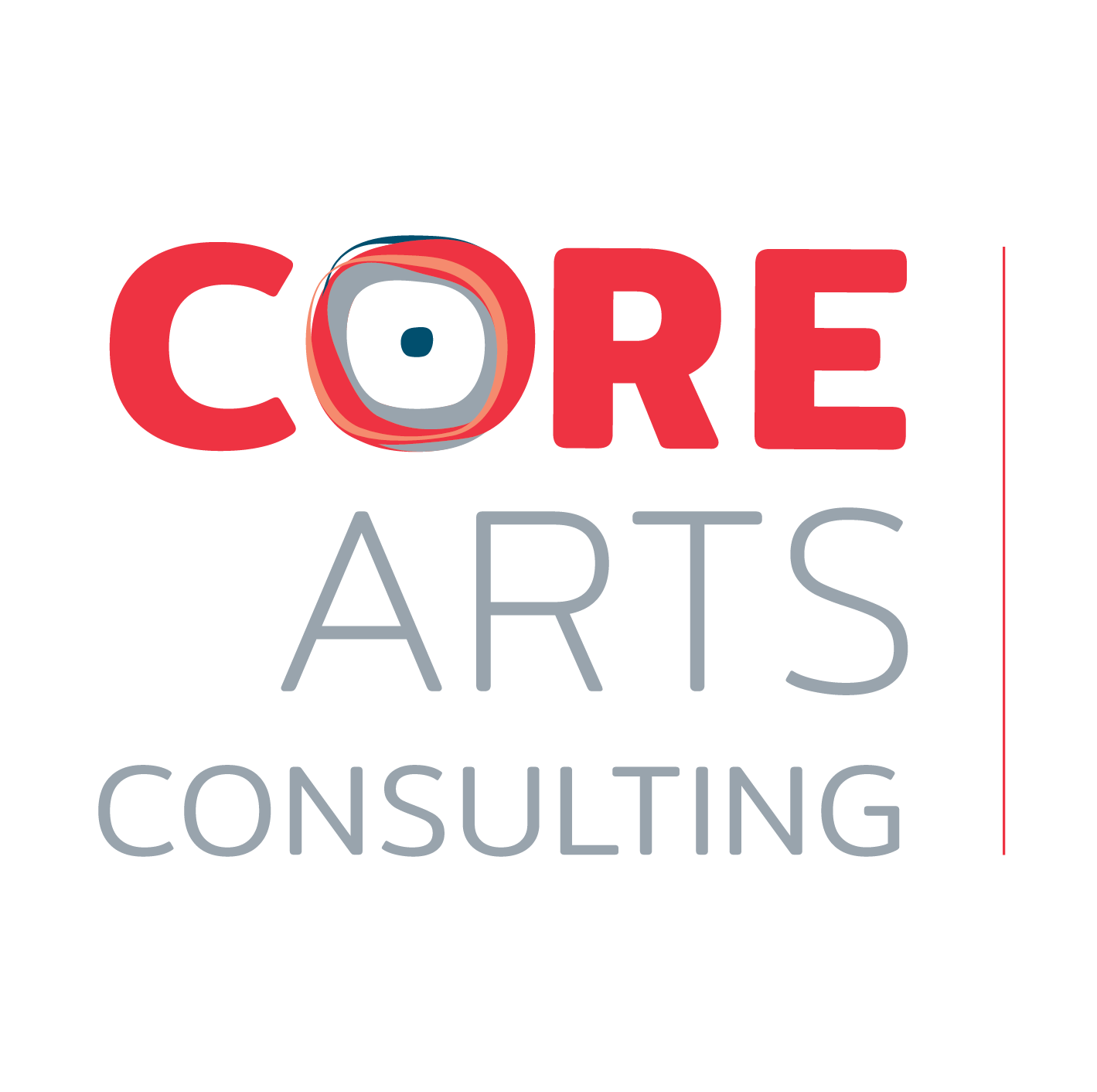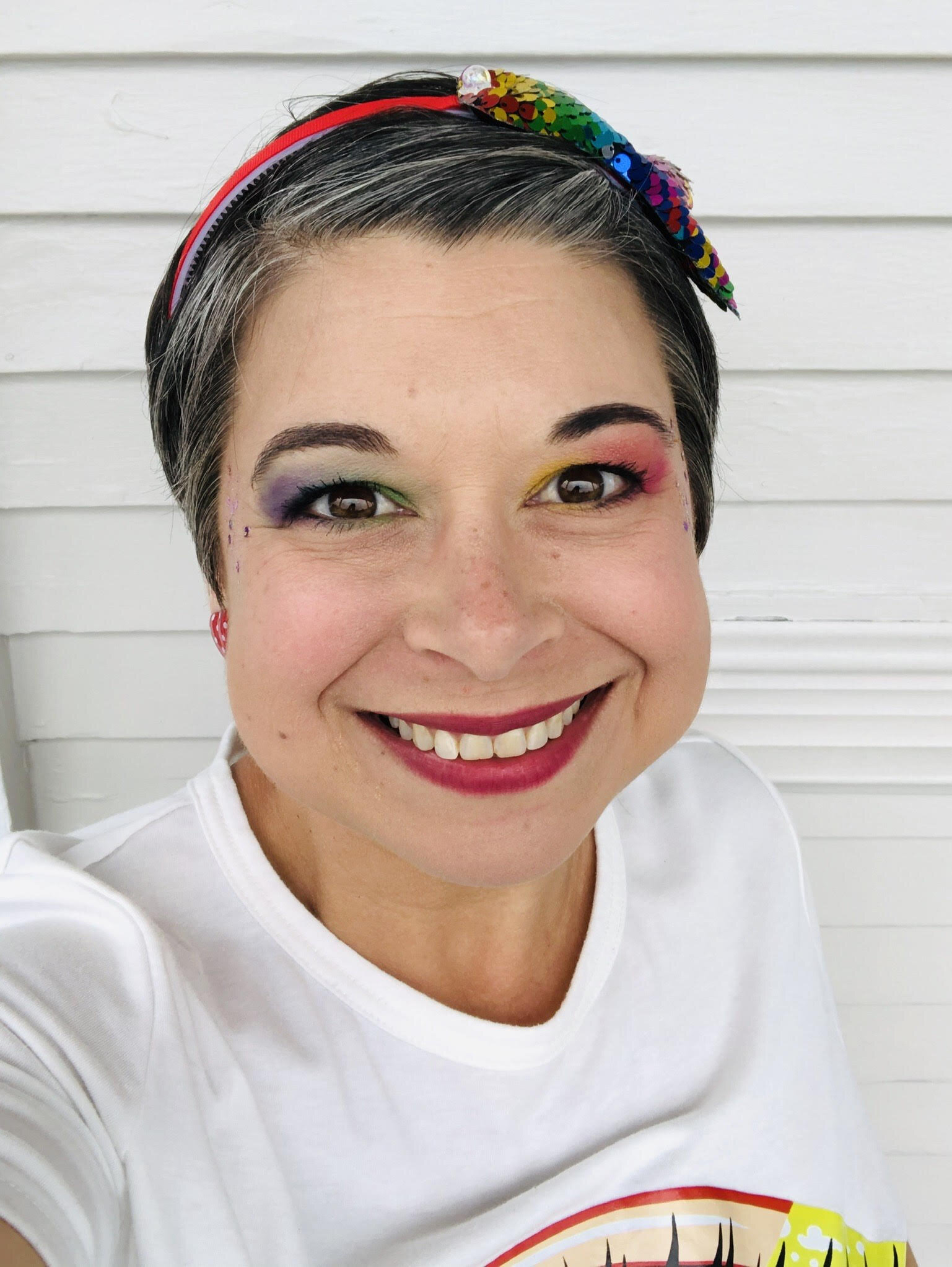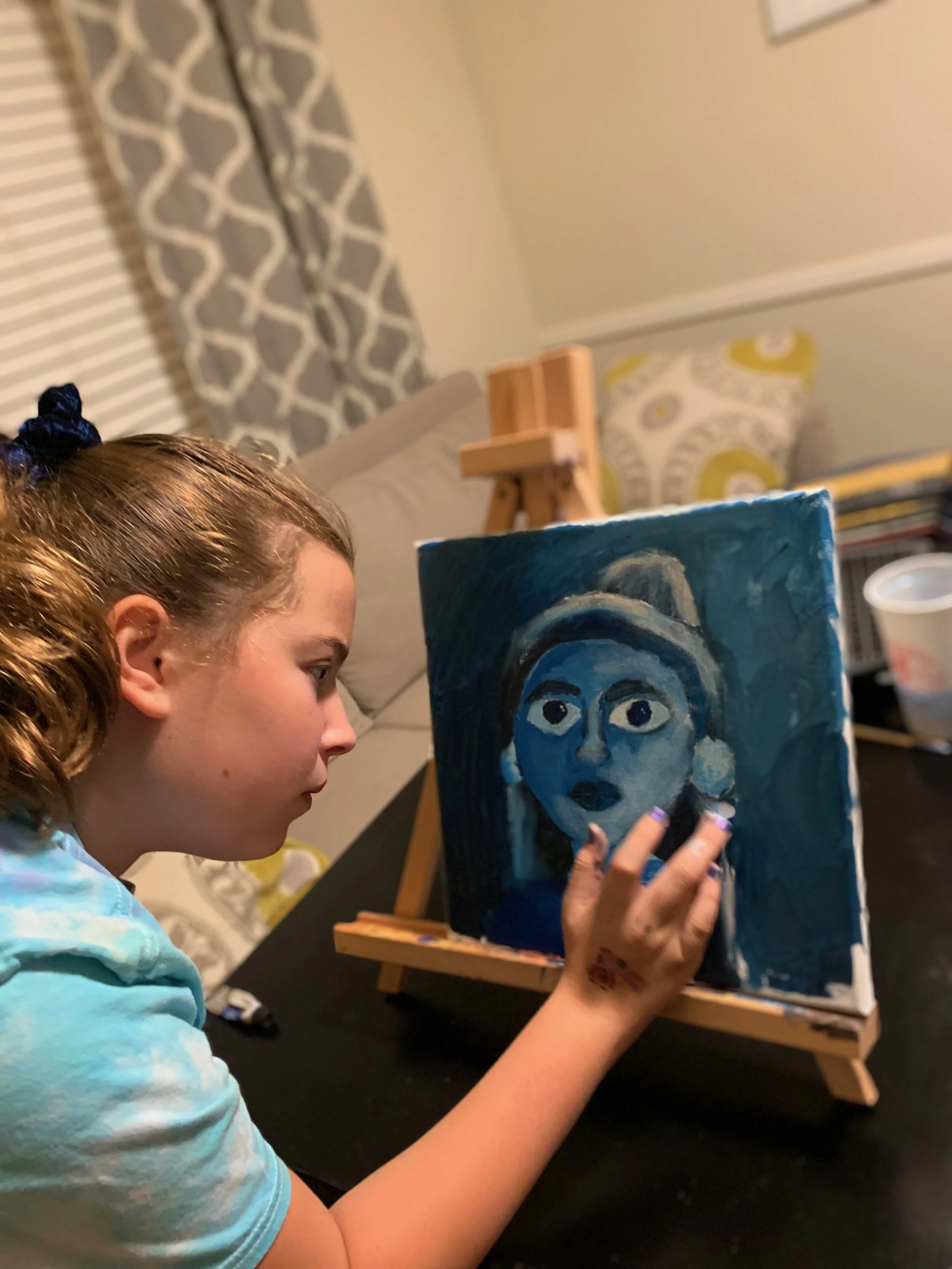We are so thrilled to introduce you to Corrie Manieri, a Louisiana-based artist whose beautiful handlettering is guaranteed to start a conversation. Her bold messages are meant to be attention-grabbing and we are all the way here for it! Read below to learn more the impact of the pandemic on Corrie’s art as well what inspires her work and how arts education has touched her life.
Why is your art important to you?
My art has always been somewhat therapeutic; I find it calming and consider it a form of meditation. My art is also a point of pride - I like what I make and I like it when others like what I make! Admittedly, I also make art that pushes buttons with the intention of making some people mad.
What do you want your art to say?
If I'm doing a piece for myself, it will totally depend on my mood. I can be motivated by an event or movement out in the world or by something personal. I also love to handletter song lyrics or movie/tv quotes that inspire me.
What project are you working on now?
Recently, I've definitely been relying on my art as a stress management technique. To that end, I've been spending a lot of time with watercolor markers. They are easy to use and a blast to blend, and I find watercolor to be a very forgiving medium.
Who is your favorite artist?
This question has stumped me! I don't really have a favorite, but I feel like that's a lazy answer. I've always loved Salvador Dali's work, and I'm flabbergasted by the marble sculpting of Michelangelo and other greats.
How has arts education impacted your life?
Arts education was, at best, a fun Friday activity throughout most of my own education. As a teacher, I tried to incorporate the arts into other subjects, because there was very little time dedicated to art for the sake of art. Art was definitely a way to connect with my students. Every new class would be confused and then excited when I'd grab supplies and get started on my own version of whatever project I was teaching. "Mrs. Manieri's doing one too!"
How has the pandemic impacted your art?
I found myself with PLENTY of free time when I lost my job in May of 2020. While it's been a struggle financially, my art has most definitely flourished. I'll often spend 6-8 hours per day on a project, something I've never come close to before, and that practice is clearly paying off.
Biography:
Corrie enjoyed many years as an elementary school teacher in Louisiana and Oregon. She always smiled on the first day, and she still thinks it's important to be considered cool to a fourth grader. Currently, Corrie is working on an exciting entrepreneurial adventure that she can't wait to share with the world. Corrie has always been obsessed with paper, and in the early 2000s began scrapbooking and cardmaking. She started taking custom orders, and as more and more friends and family members started to purchase her books and cards, she began to see what they were seeing... Corrie was creating works of art! These days, Corrie is focused on modern calligraphy (handlettering) and watercoloring, and she enjoys using these mediums to share her thoughts and feelings with others.

























